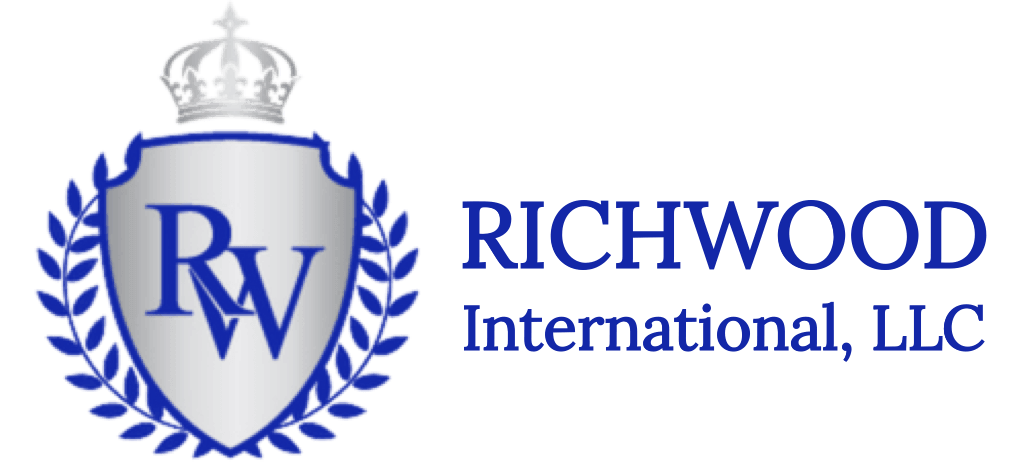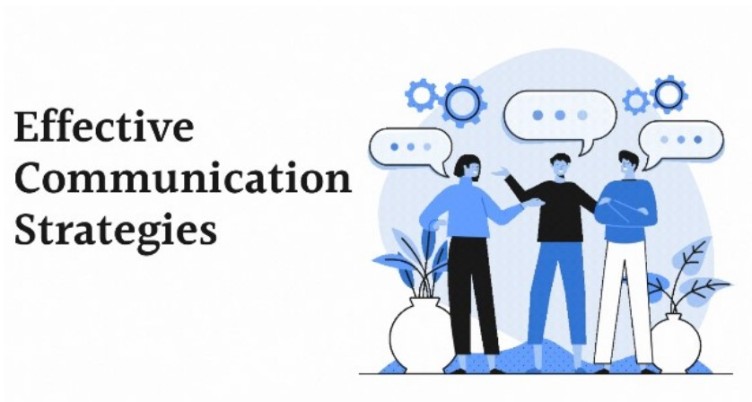Effective Communication: A Key Skill for Successful Leadership
Effective communication is an essential component of successful leadership in its best form. In order to communicate effectively, leaders must have a clear understanding of their message and be able to articulate it in a way that is easily understood and followed. At times, this involves breaking down complex information into simple, concise language and using visual aids or other media to help convey the message. There are many times in leadership when a leader thinks that they were communicating, but they find out it was an illusion. It is the leader’s responsibility to make sure that intentions match interpretation, and that they are able to adapt their communication style to meet the needs and preferences of their followers and audience. In this article, we’ll talk about the power and impact of effective communication in leadership.
Communication by definition is the process of exchanging information, ideas, opinions, and feelings between individuals or groups. At its core, it always involves three separate groups: The Sender, The Message and Medium, and The Receiver. In the context of leadership, effective communication involves the ability of a leader to express their vision, goals, and ideas in a way that is clear, concise, and easily understood by their followers. This means leaders must possess the expertise to effectively communicate any message, through any medium, to any receiver in a way that makes sure their intended message is exactly what is interpreted by the receiver(s) of the message. This complex style of communication also involves active listening, where leaders pay attention to the responses and feedback of their followers and use this information to make informed decisions. Let’s talk about the attributes and benefits of effective leadership communication.
Leadership requires not only being able to articulate one’s vision but also being able to connect with followers and gain their support. In order to communicate effectively, leaders must have a clear understanding of their message and be able to articulate it in a way that is easily understood. This involves masterfully breaking down complex information into simple, concise language. Leaders must also be able to adapt their communication style to meet the needs and preferences of their followers when speaking with different audiences. By effectively communicating with their followers, leaders can create a positive and supportive environment that fosters teamwork, creativity, and collaboration.
Effective communication is a crucial aspect of successful leadership, as it is the foundation for building relationships, creating a positive work environment, and achieving results. Here are a few more attributes of effective communication and its benefits to leaders and their organizations
Key Attributes of Effective Leadership Communication:
- Clarity: Effective leaders communicate their ideas and plans in a clear and concise manner. They simplify complex information and present it in a way that is easily understood by their followers.
- Adaptability: Effective leaders can adapt their communication style to meet the needs and preferences of their followers. They are able to adjust their tone, language, and delivery to connect with different groups of people.
- Active listening: Effective leaders pay close attention to the responses and feedback of their followers. They listen actively and seek to understand different perspectives, which helps to build trust and resolve conflicts.
- Empathy: Effective leaders are able to understand the perspectives and emotions of their followers. They use empathy to build relationships, resolve conflicts, and create a positive and supportive work environment.
- Transparency: Effective leaders communicate with transparency, honesty, and authenticity. They are open and transparent about their plans, goals, and intentions, which helps to build trust and establish credibility.
The benefits of effective leadership communication are numerous and far-reaching. Here are some of the key benefits:
Key Benefits of Effective Leadership Communication
- Improving teamwork: Effective communication can help leaders build stronger relationships with their team members and continue to foster collaboration. Leaders who communicate openly and honestly, listen to feedback and encourage their team to do the same create a positive work environment where everyone feels valued and supported.
- Resolving conflicts: Leaders who are skilled communicators are better equipped to listen to multiple perspectives, identify common ground, and find solutions that are acceptable to all parties involved. Effective communication is key to resolving conflicts and preventing misunderstandings.
- Encouraging creativity and innovation: When leaders communicate their vision and goals in a way that inspires and motivates their followers, they create a culture of innovation and creativity. Effective communication can encourage team members to come up with new and innovative ideas, which can help organizations stay ahead of the curve and remain competitive.
- Enhanced decision-making: Effective communication helps leaders gather necessary information, feedback, and opinions from their team, stakeholders, and customers. This enables them to make the best-informed decisions that are more likely to be accepted and supported by their followers.
- Building trust: Clear and effective Communication is the foundation for building trust and establishing credibility. Leaders who communicate with transparency, honesty, and authenticity build trust with their followers and establish themselves as credible and trustworthy leaders, while leaving out assumptions and misunderstandings.
- Increased employee engagement and motivation: Effective leadership communication inspires and motivates employees. When leaders communicate their vision and goals in a way that is inspiring and engaging, employees are more likely to feel invested and motivated to contribute to the overall success of the organization.
In addition to the benefits outlined above, effective communication can also improve productivity, reduce turnover, and increase employee satisfaction. By effectively communicating with their followers, leaders can create a positive and supportive work environment where everyone feels valued, engaged, and motivated to contribute.
However, effective communication is not a one-time event; it is an ongoing process that requires continuous development and refinement. Leaders must continually evaluate their communication skills, listen to feedback from their followers, and make adjustments as needed. This requires a willingness to be vulnerable, take risks, and continuously learn and grow.
In conclusion, effective communication is a critical component of successful leadership. It is the foundation for building trustworthy relationships, resolving conflicts, fostering creativity and innovation, and improving decision-making. Leaders who possess strong communication skills are better equipped to articulate their vision, build relationships, resolve conflicts, and create a positive and supportive work environment. Effective communication is a key skill that leaders must continuously develop and refine, as it plays an essential role in achieving success and driving positive change. Leaders who invest in their communication skills and continually strive to improve them will be better equipped to drive positive change and achieve forward progress and success in their organizations.

